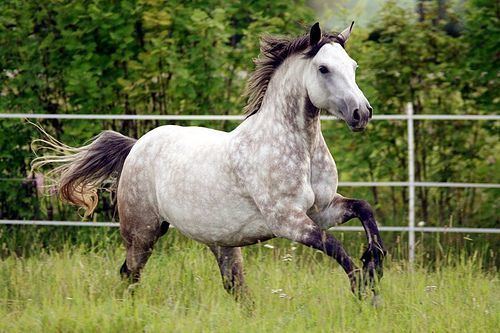horses
horse care
Suitable living conditions – this is a fundamental factor in horse care, making sure they have a suitable environment to live in! Is the stable suitable? Is the field suitable? Suitable routine and horse care for horses living in or out – depending on how the horse is kept, and the type of work it does, the routine will vary. Providing a routine that will suit each horse, is so important for horse care. Suitable feed – horses have sensitive digestive systems, so you will need to understand the basics of feeding to provide good horse care. Grooming – grooming isn’t just about making your horse look pretty, it’s invaluable time to bond and check over your horse, and keep them in good condition. Equipment – know what you need, and keep it in good condition. Health – is your horse healthy? This is something you’ll want to know. Recognising signs of health, knowing when to call a vet, and being able to administer basic first aid is essential. And more – there’s always more to know and learn about horse care! BASIC HORSE CARE RULES: Check on horse’s at least twice a day Make sure grazing is free of danger and poisonous plants Make sure stables are suitable/safe/kept clean Always have fresh water available Feed appropriately for the horse’s type and workload Have regular health checks and farrier care Keep up to date with vaccinations and worming Make sure equipment is kept in good, safe condition
conemara ponies

The conemara pony is native to ireland and the irish hills of conemara .The Connemara is famous for being hardy and sure-footed, and no surprise the breed evolved on the rocky coast of western Ireland, where it had to develop an ability to move quickly across rough terrain. The sometimes harsh Irish weather and unforgiving landscape helped develop a breed that is resilient and adaptable, and today’s Connemara is valued for all of these qualities. Average Height: 13 to 15 hands, but can be taller than this.
Life-long Friendships
Human friends may come and go, but a horse could be one of your most loyal, long-term buddies if you treat it right, suggests a new study. Horses also understand words better than expected, according to the research, and possess "excellent memories," allowing horses to not only recall their human friends after periods of separation, but also to remember complex, problem-solving strategies for ten years or more. The bond with humans likely is an extension of horse behavior in the wild, since horses value their own horse relatives and friends, and are also open to new, non-threatening acquaintances. "Horses maintain long-term bonds with several members of their family group, but they also interact temporarily with members of other groups when forming herds," explained Carol Sankey, who led the research, and her team. "Equid social relationships are long-lasting and, in some cases, lifelong," added the scientists, whose paper has been accepted for publication in the journal Animal Behavior.